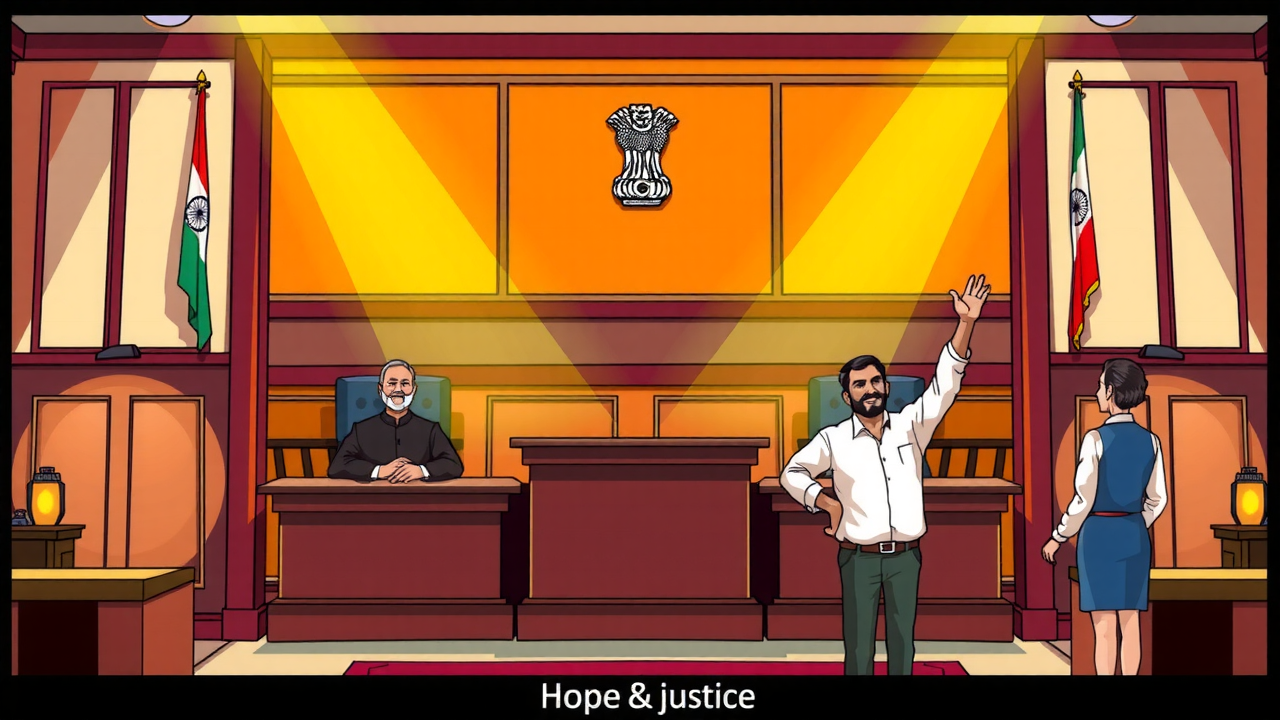On Thursday, the Supreme Court granted bail to an individual accused under the UAPA, stating that the NIA v. Zahoor Ahmad Shah Watali judgment cannot be used to deny bail for those facing prolonged incarceration. Justice JB Pardiwala and Justice Ujjal Bhuyan overturned the Allahabad High Court’s dec

Legal AI associate for drafting & compliance
The Supreme Court on Thursday while granting bail to an individual accused under the Unlawful Activities (Prevention) Act, 1967 (UAPA), stated that the judgment in NIA v. Zahoor Ahmad Shah Watali cannot be used as a precedent to deny bail in UAPA cases where the accused has endured prolonged incarceration.
A division bench consisting of Justice JB Pardiwala and Justice Ujjal Bhuyan overturned the Allahabad High Court’s decision that had denied bail to the appellant.
“We are in respectful agreement with the reasoning given in K.A. Najeeb regarding the decision in Zahoor Ahmad Shah Watali. This decision i.e. Zahoor Ahmad Shah Watali has to be read and understood in the context in which it was rendered and not as a precedent to deny bail to an accused undertrial suffering long incarceration with no end in sight of the criminal trial”, the court held.
It is established law that an accused is entitled to a speedy trial, especially when the charges are serious, the Court said.
“If the alleged offence is a serious one, it is all the more necessary for the prosecution to ensure that the trial is concluded expeditiously. When a trial gets prolonged, it is not open to the prosecution to oppose bail of the accused-undertrial on the ground that the charges are very serious. Bail cannot be denied only on the ground that the charges are very serious though there is no end in sight for the trial to conclude,” the Bench said.
The court noted that in the Watali case, the bail granted by the High Court was set aside due to the specific circumstances where the High Court conducted a mini-trial to overturn the trial court’s prima facie findings against granting bail.
The court relied on the Union of India v. KA Najeeb, taking note of the nine years of undertrial custody and the slow pace of trial, which emphasized that statutory restrictions on bail under the UAPA should not override constitutional rights, chose to grant bail to the accused. The Court highlighted that while the seriousness of the charges is an important consideration, an undertrial’s prolonged detention and the unlikely prospect of a timely trial completion are valid grounds for granting bail.
The Court observed that “A constitutional court cannot be restrained from granting bail to an accused on account of restrictive statutory provisions in a penal statute if it finds that the right of the accused-undertrial under Article 21 of the Constitution of India has been infringed. In that event, such statutory restrictions would not come in the way … it would be very wrong to say that under a particular statute, bail cannot be granted. It would run counter to the very grain of our constitutional jurisprudence.”





